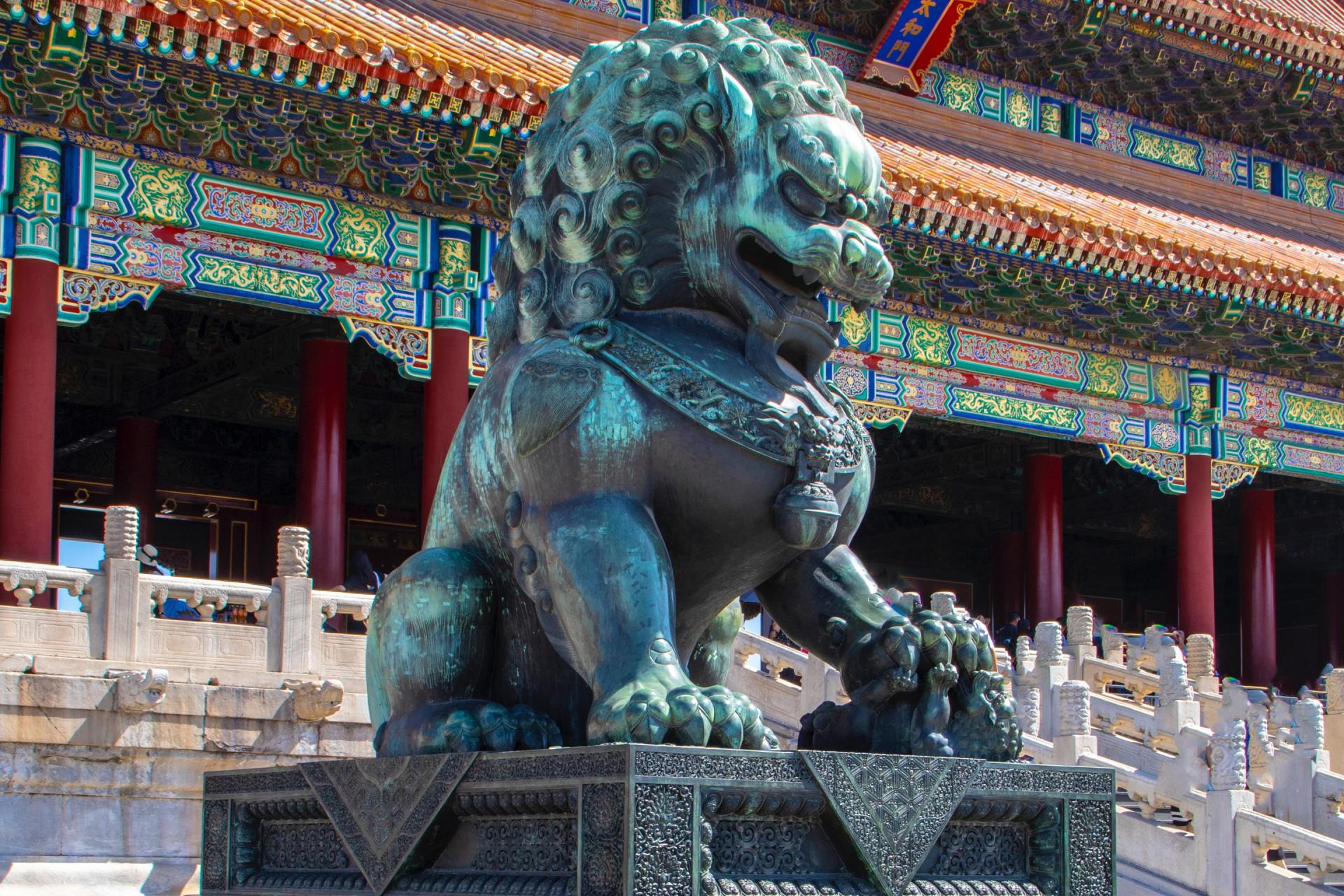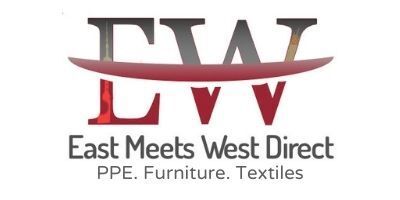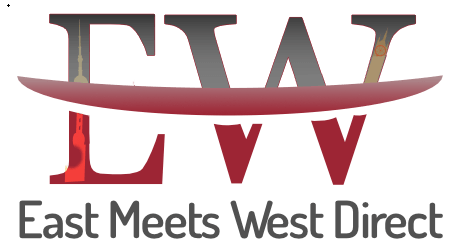Import Non-Branded Goods from China
Jacqueline Gyer • Sep 16, 2019
How to build your personal credit
The business opportunities available from importing goods from China are well recognised. 20 years ago, importing goods from China was almost a gold rush, with Europeans and British flying over to China to visit factories and to source products to sell in their native retail markets. Much money was made, but not without teething problems. Quality control in the early days was something of an issue, as was adherence to EU native standards. Added to this was the potential complications of transport, customs clearance and the logistics of importing from the other side of the world, and very quickly business practises had to be tightened up.
Pretty quickly though, highly effective supply chains were implemented, high quality products were flooding into UK warehouses, and UK retailers were enjoying high margin sales. As more people became involved, naturally the competition for retail buyers increased and price started to become an issue. Even whilst enjoying huge margins due to the relatively low cost of production of goods in China, discounts started to creep in amongst retailers, and the heady days of huge profits were becoming slightly eroded.
Branded or non-branded imports from China is not always straightforward.
As more and more people became involved in importing goods from China, competition increased, and retailers had to start looking for other USP’s over and above price. This is when the search for almost unique products began, hoping to find goods manufactured in China that could be sold in domestic markets with next to no competition. Again, competition increased and the reality is that there are only a finite number of unique products available. So, what is the next stage for retailers in the United Kingdom that import goods from China?
Choosing your products carefully
As more and more people became involved in importing goods from China, competition increased, and retailers had to start looking for other USP’s over and above price. This is when the search for almost unique products began, hoping to find goods manufactured in China that could be sold in domestic markets with next to no competition. Again, competition increased and the reality is that there are only a finite number of unique products available. So, what is the next stage for retailers in the United Kingdom that import goods from China?

By Jacqueline Gyer
•
16 Sep, 2019
How these 4 issues with product souring and import services from China to the Uk, are posing problems for big e-commerce businesses. Within the past decade, there has been an increasing demand for product sourcing and product import from China. More people and businesses within the U.K are opting to source products and import them from China, primarily because it’s cheaper to mass produce but also because the high quality is now a given. However, alongside this demand means a growing number of issues and challenges within the international sourcing and import business, with many large businesses often falling short of the expectations that their customers expect. DAMAGED OR WRONG GOODS One of the key problems that large e-commerce businesses appear to have is the damage or supply of the wrong goods. The biggest complaint amongst the industry is the incorrect handling of products or wrongly allocated products, especially in regard to larger sourced items such as furniture. Recently, DHgate came under fire for its handling of damaged goods disputes – with many not receiving adequate refunds after their products arrived in a damaged state. This appears to be a common problem amongst the larger scale e-commerce industry, particularly when dealing with product sourcing and import services from China. SPEED OF DELIVERY Another area with large businesses, who are dealing with importation services and product sourcing, have is the issue with speed of product delivery from China to the UK. A top complaint towards large-scale product sourcing and importing companies is the amount of time it takes for a shipment to arrive at its destination. Whilst in the past several years the length of time it takes has reduced significantly, it appears that larger companies in particular are struggling to speed up their process.

By Jacqueline Gyer
•
16 Sep, 2019
In January 2017, China was the second largest importer into the UK (after Germany) worth imports worth in excess of £3.68 billion. When considering setting up a business based around importing goods from China there are a number of important things that need to be considered. These will include managing long-distance relationships, to organising international transport and customs clearance. One of the most important things that you need to consider right from the start is to have very clear objectives as to what you want to achieve. Are you looking for a cheaper source of supplies from China, or are you looking to import products that are not currently readily available for sale in the United Kingdom? You then need to find a reliable and trustworthy supplier for your products from China. This will include agreeing specifications as well as making sure that the products comply with any EU or UK standards. Check with your potential supplier if you are buying directly from them or if they are outsourcing production themselves. It will also be helpful to understand the culture of the Chinese and their markets. Mandarin is the official language in China and is becoming an increasingly important language globally. Learning just a few phrases and words can be well worth the time and will impress your potential Chinese partners.
Useful Links




